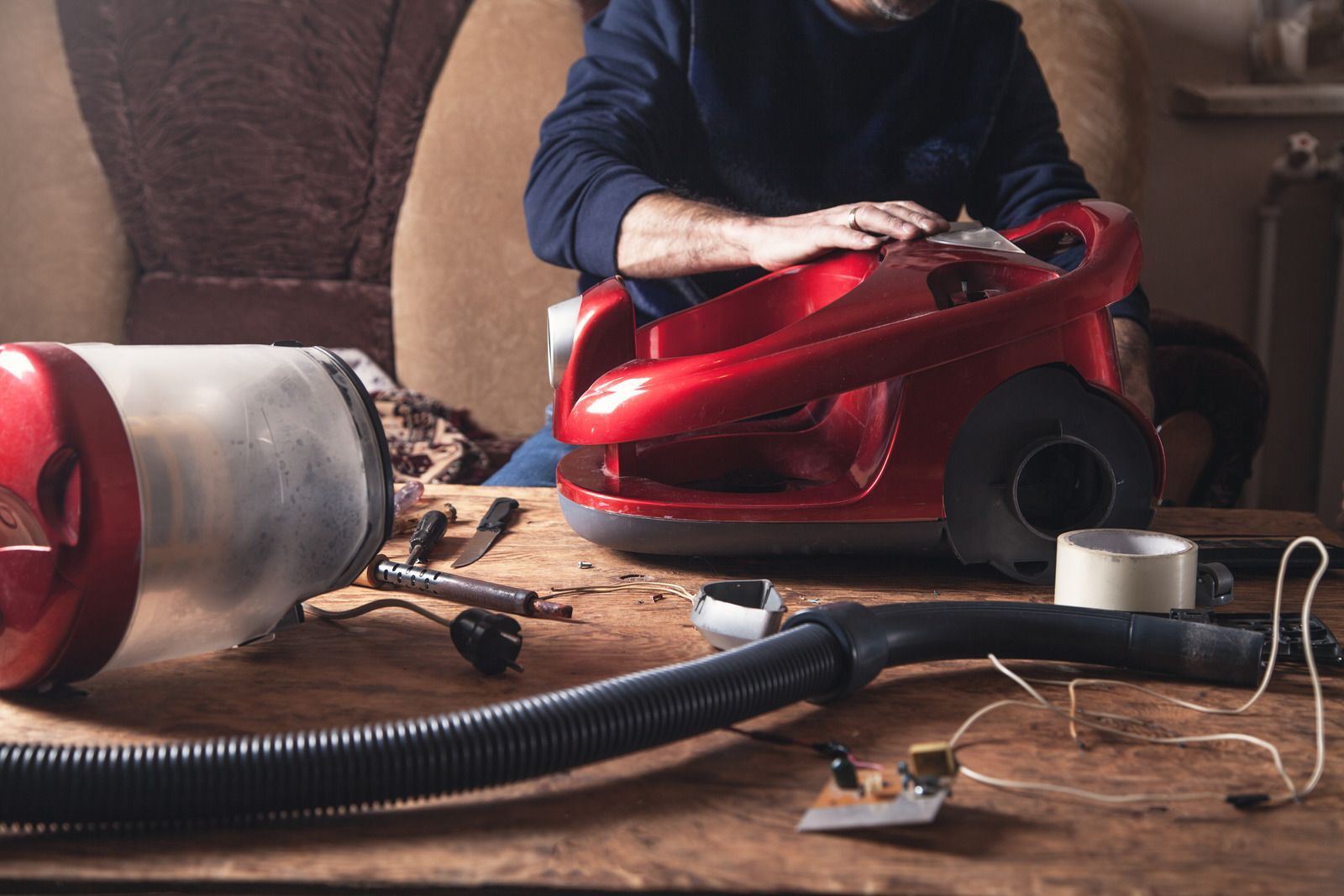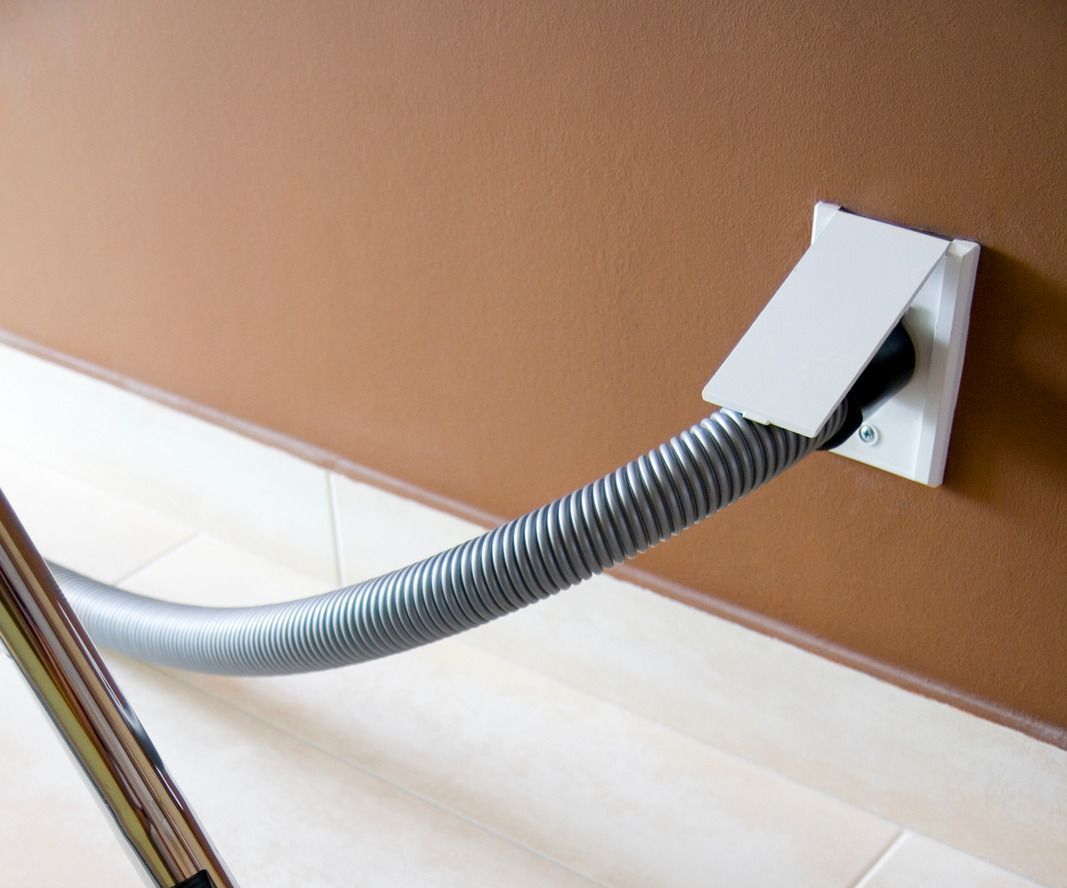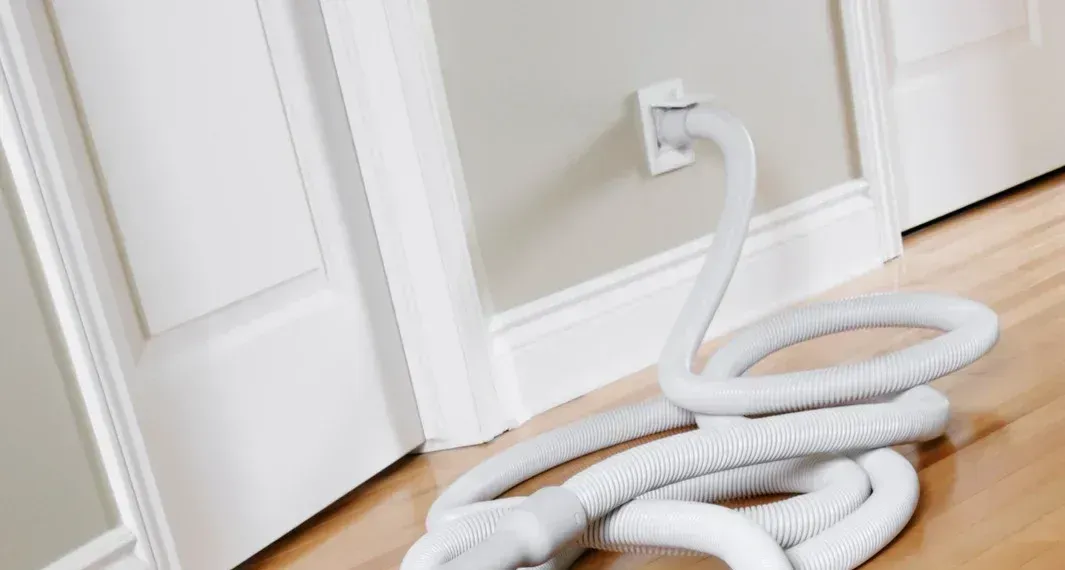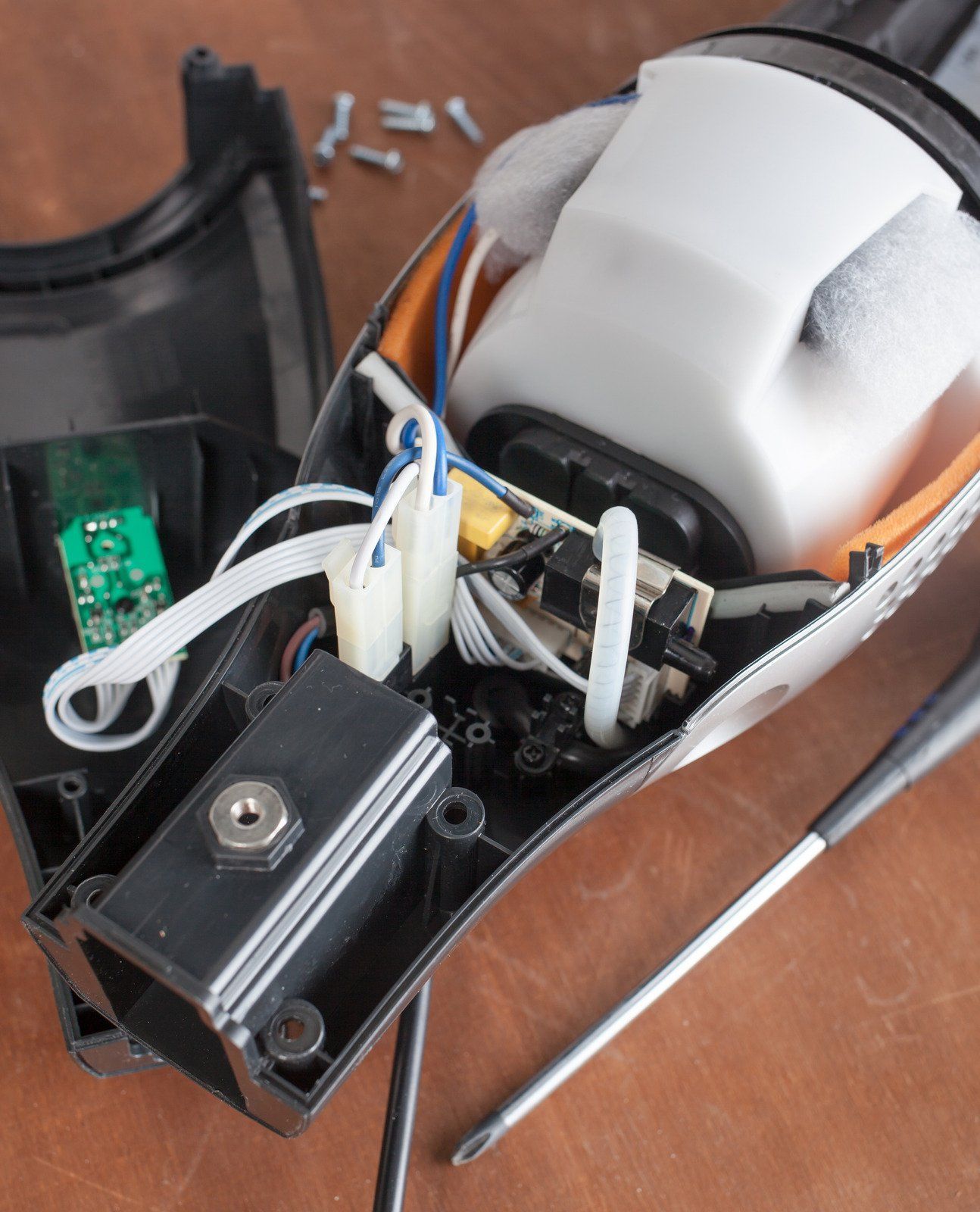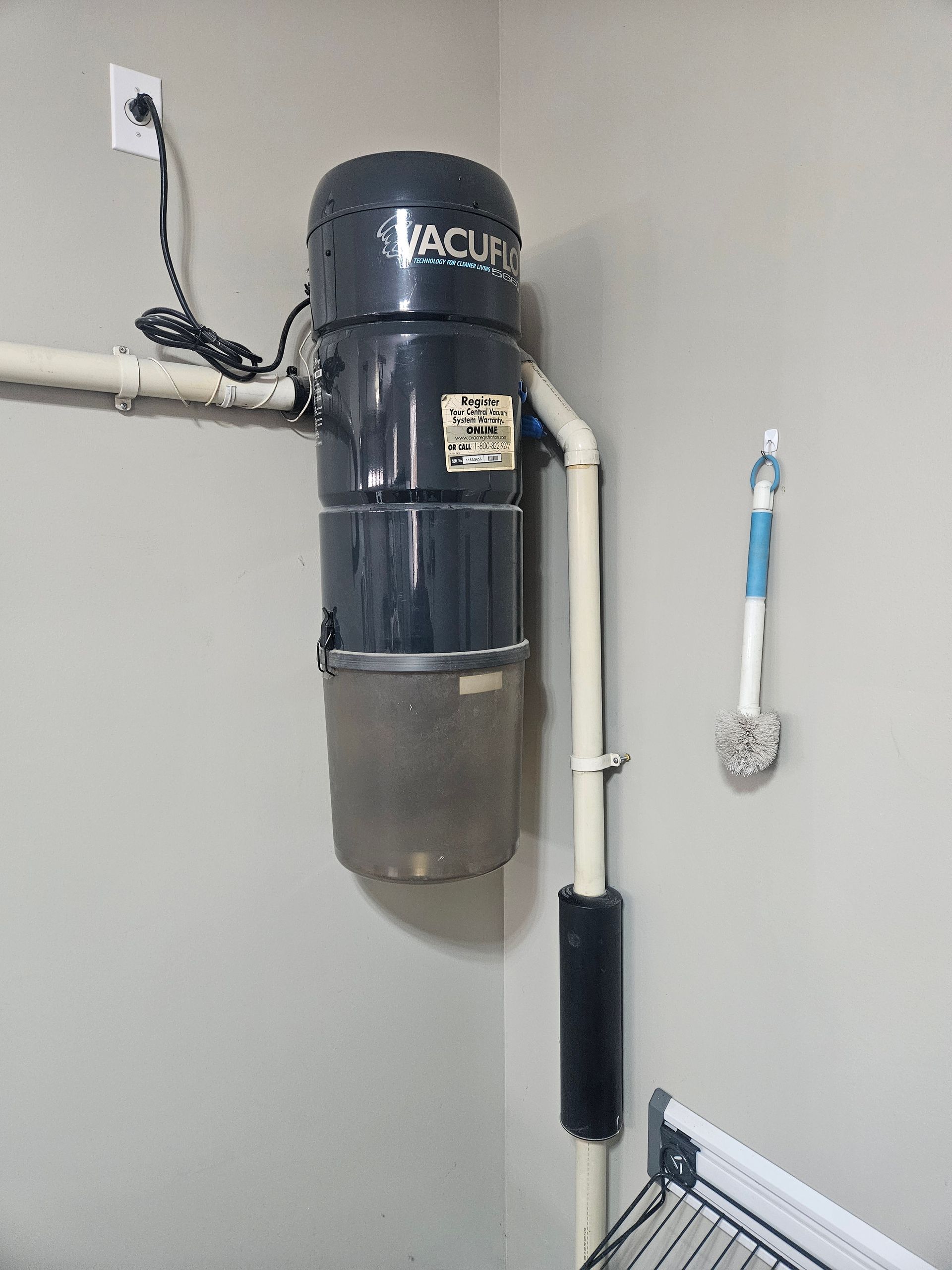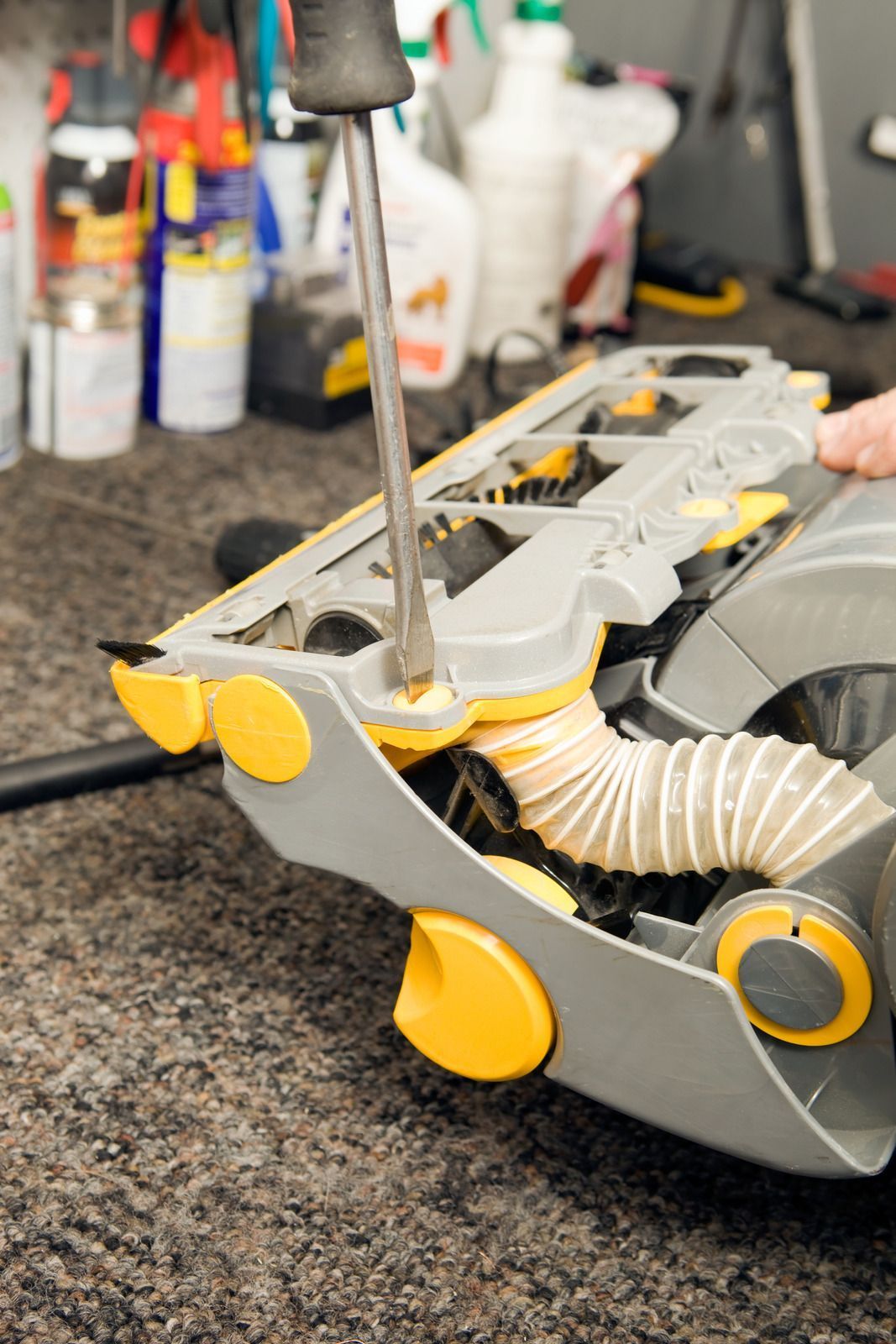Expert Tips for Maintaining Your Vacuum and When to Seek Repair Services
A well-functioning vacuum is essential for keeping your home clean, healthy, and free from allergens. Yet, many homeowners overlook the importance of regular vacuum maintenance until the performance drops or the machine stops working completely. Like any household appliance, vacuums require periodic maintenance to perform at their best. Routine upkeep not only extends the lifespan of your vacuum but also ensures maximum suction power and efficiency. Whether you own a central vacuum system or a portable unit, understanding when to perform maintenance and when to seek professional repair services can save you time, money, and frustration in the long run.
Neglecting maintenance can lead to worn belts, clogged filters, and motor strain. These seemingly small issues can snowball into expensive repairs or total replacement. Staying proactive with basic care can prevent breakdowns before they happen. In this blog, we’ll explore expert maintenance tips and help you recognize the signs that your vacuum needs professional attention.
1. Clean or Replace Filters Regularly
Filters are your vacuum’s first line of defense against dust and allergens. Dirty or clogged filters can significantly reduce suction and air quality. Check your owner’s manual to determine how often your vacuum’s filters should be cleaned or replaced, which is typically every 3–6 months, depending on usage.
2. Empty the Dust Bin or Replace the Bag
Allowing the dustbin to fill up to the brim causes your vacuum to work harder, straining the motor and reducing suction. For bagless models, empty the dustbin after each use. If your vacuum uses bags, replace them before they are completely full—generally when they are about two-thirds full.
3. Keep the Brushes and Rollers Clean
Hair, threads, and debris can quickly wrap around the brush roll, causing it to stop spinning. This reduces the vacuum’s ability to clean carpets and can cause the motor to wear out. Use scissors or a seam ripper to remove tangled material, allowing the brushes to turn freely.
4. Check Hoses and Attachments for Blockages
Loss of suction is often due to blockages in the hose or attachments. If you notice reduced airflow, disconnect the hose and attachments, then visually inspect for clogs. A broomstick or flexible brush can be used to push out debris gently.
5. Don’t Ignore Unusual Noises or Odors
Grinding, rattling, or burning smells can indicate motor issues or foreign objects lodged inside the vacuum. Continuing to use it in this state can lead to further damage. If your vacuum starts sounding or smelling off, it's time to stop and inspect—or better yet, call in the professionals.
6. Know When to Call a Professional
Even with proper care, vacuums can break down. If you've tried basic troubleshooting and the problem persists—like a complete loss of power, motor failure, or persistent poor suction—it’s best to have it checked by an expert. Technicians can diagnose and repair issues quickly, often preventing costlier repairs down the road.
Trust the Experts at The Central Vac Shoppe
When it comes to keeping your vacuum system running at peak performance, regular maintenance and timely repairs make all the difference. At The Central Vac Shoppe, we’ve been helping homeowners in Galesburg, Michigan, keep their homes clean and healthy for over 7 years. As a premier vacuum contractor, we offer expert repair services, replacement parts, and professional guidance tailored to your vacuum needs—whether it's a central vacuum system or a portable model. Trust our team to keep your vacuum performing like new. Contact us today for maintenance tips, diagnostics, or fast, reliable repair service.


